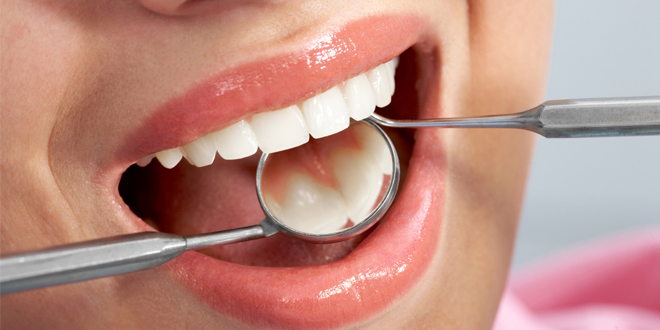By Oral & Maxillofacial Surgery of the Lowcounty
Things you Should Know about Oral Cancer. –Here are some things you should know about this deadly disease.
Oral cancer is an “equal opportunity” disease. People from all walks and cadres of life experience oral cancer. www.portnaz.net The disease has caused the untimely deaths of Ulysses S. Grant, Babe Ruth and George Harrison, one of the original Beatles. However, you don’t have to be prominent or famous to acquire oral cancer: it can strike anyone at any age, especially people 40 years and older regardless of one\\\\\\\\\\\\\\\’s status.
Oral cancer is difficult to detect early. Oral cancer usually appears as a small, scaly-shaped sore known as a squamous cell carcinoma. Appearing in the lining of the mouth, lips, tongue or back of the throat, the early stages often resemble other benign conditions such as cold or canker sores, so they’re easily overlooked in the early stages. To increase your chances of an early diagnosis, you should speak to your dentist about any mouth sore that doesn’t heal in two to three weeks; it’s also advisable to undergo a specific oral cancer screening during your regular dental checkups.
Tobacco and heavy alcohol use are strongly attributed to oral cancer. Tobacco smokers are five to nine times more likely to develop oral cancer whereas snuff or chewing tobacco users roughly stand chances for four times more likely than non-tobacco users. People who are moderate to heavy drinkers are three to nine times more likely to develop oral cancer than non-drinkers.
You can reduce your risk for oral cancer. Besides quitting tobacco use and moderating your alcohol consumption, there are other things you can do to reduce cancer risk. Follow in a nutritious diet rich in fresh fruits and vegetables, limited sun exposure with adequate sunscreen protection and clothing,and safe sexual practices to avoid contracting Human Papilloma Virus (HPV16), strongly linked to oral cancer. And above all, practice effective, daily oral hygiene with regular dental cleanings and checkups.
#WORLDENTORAL

